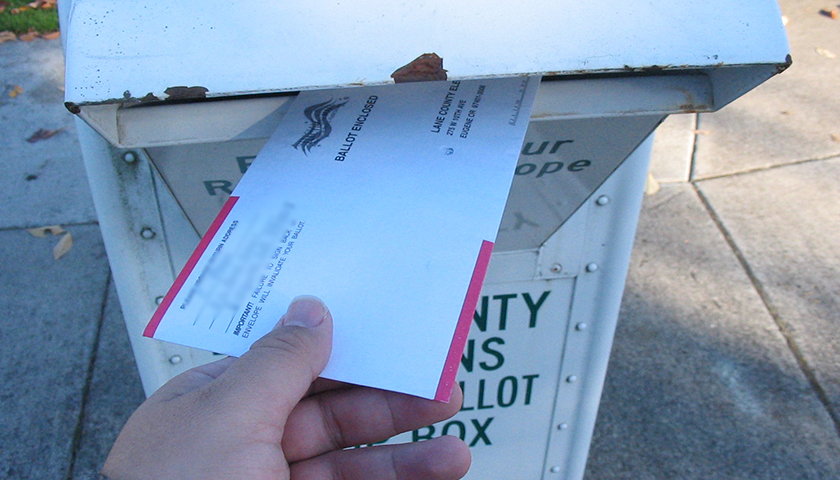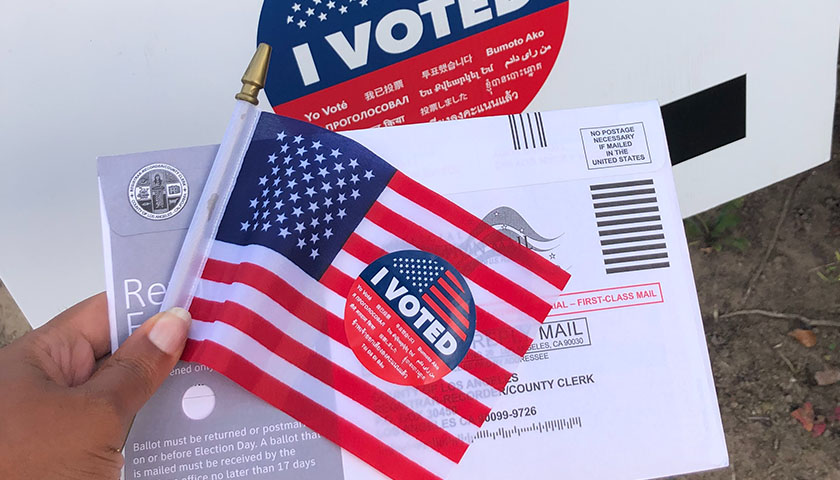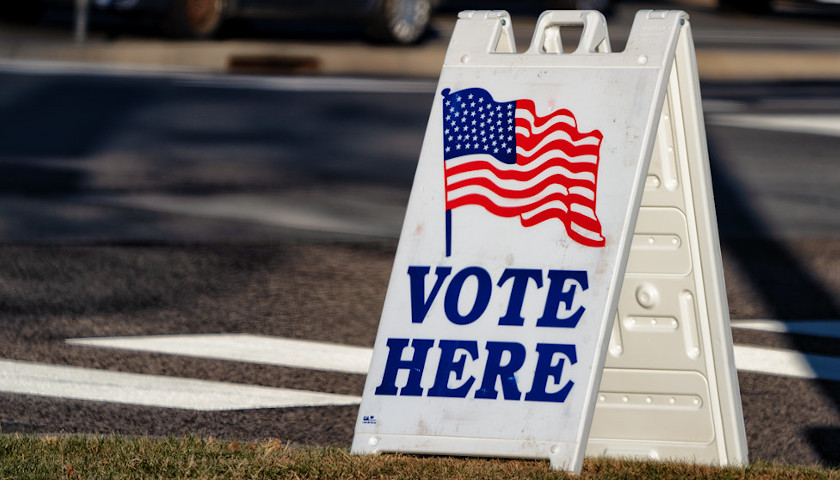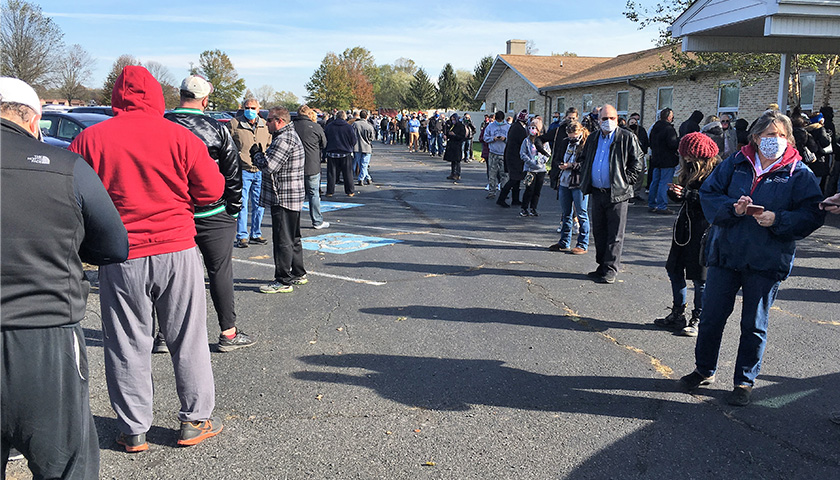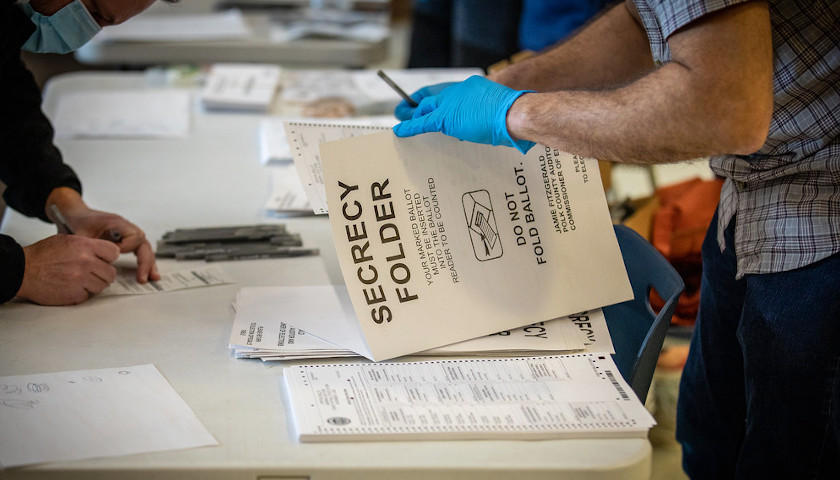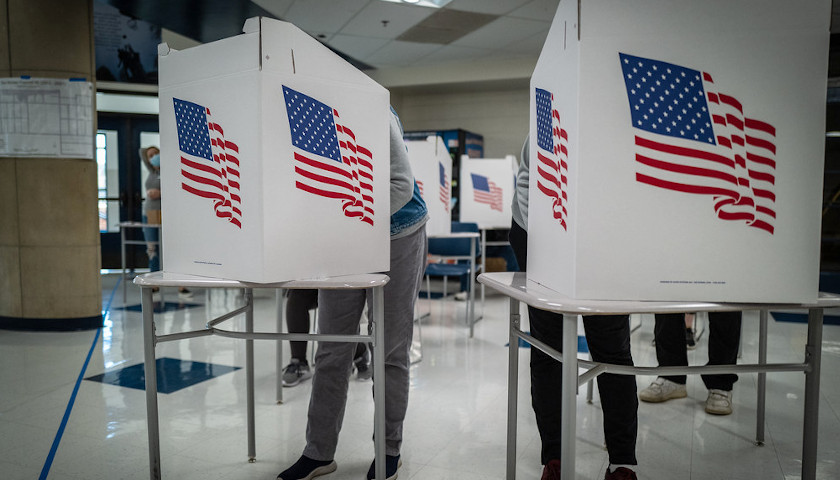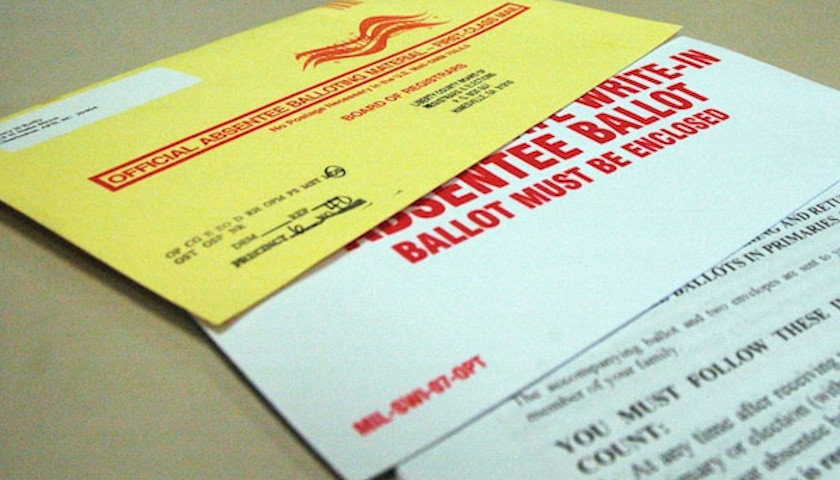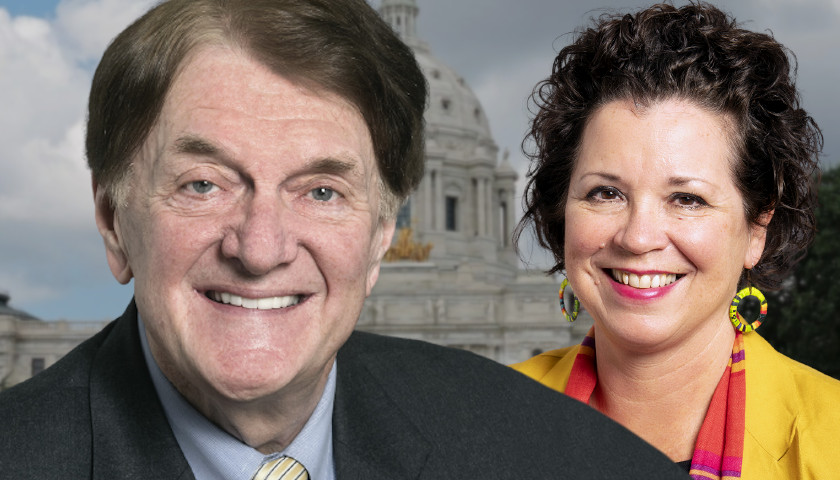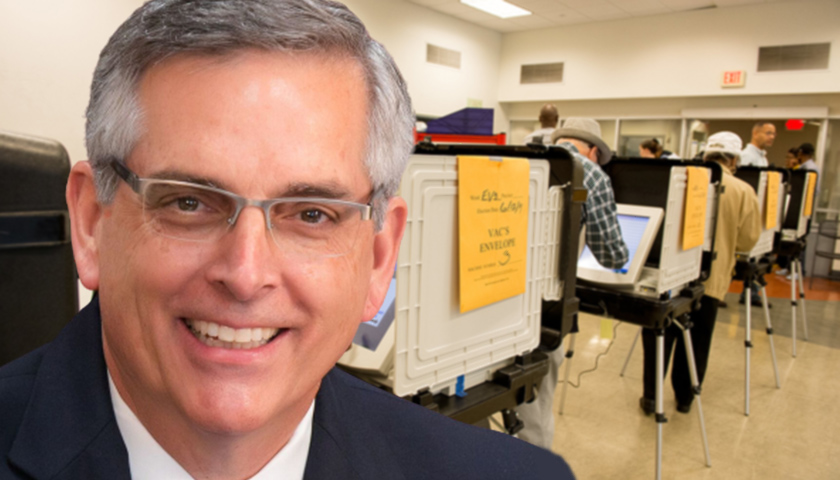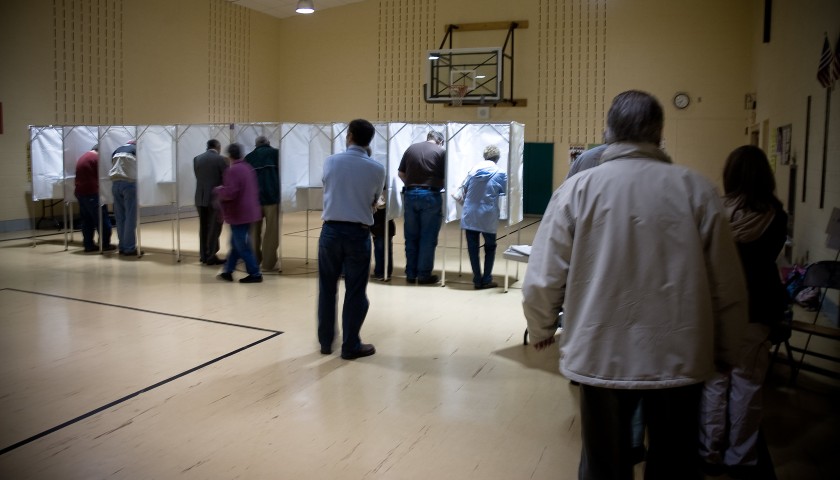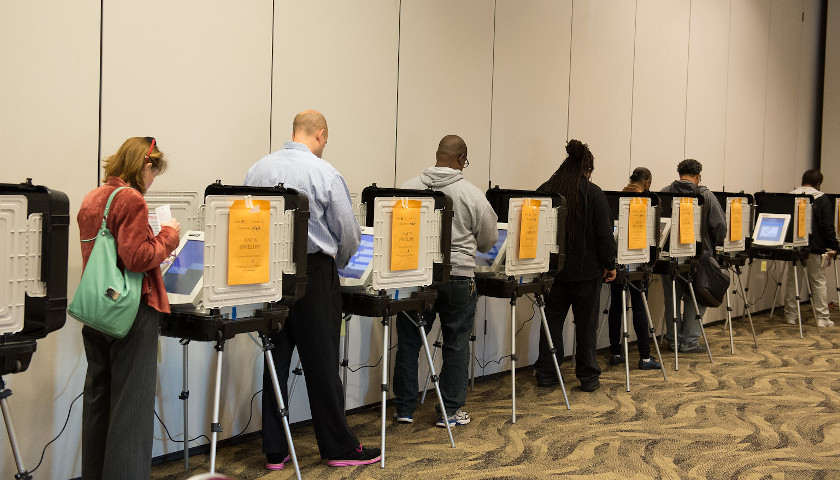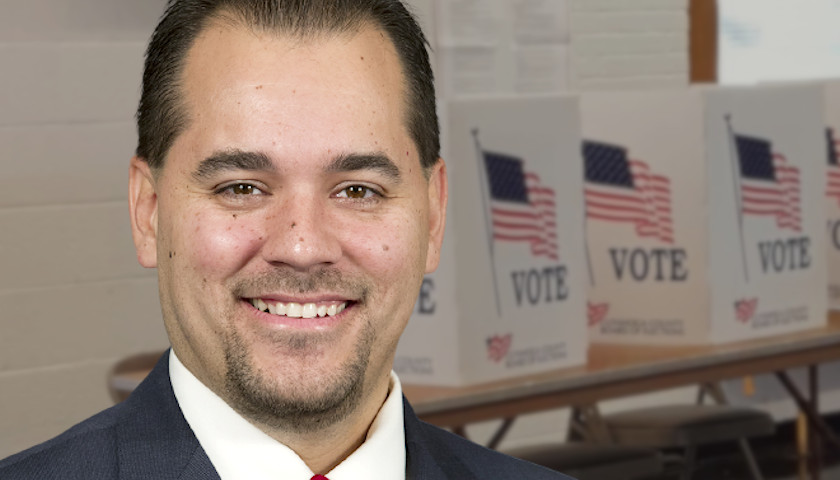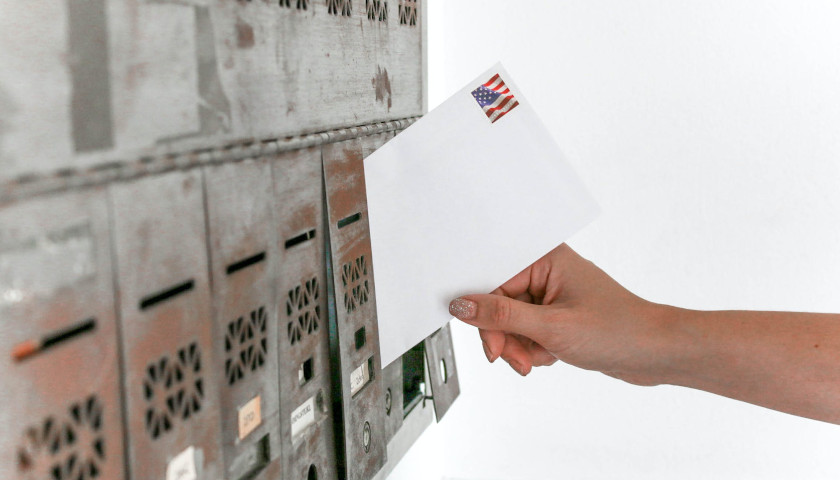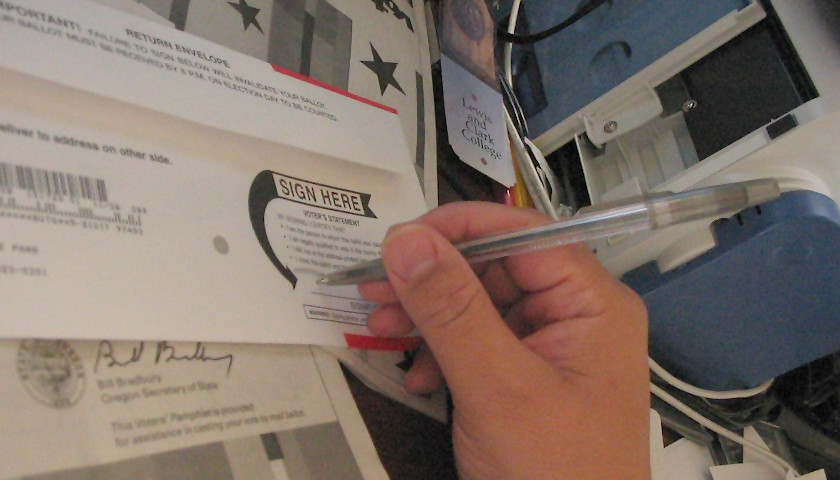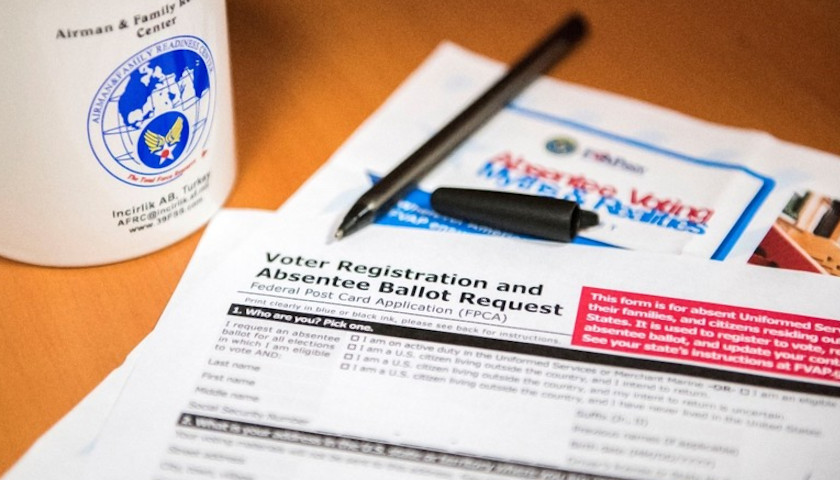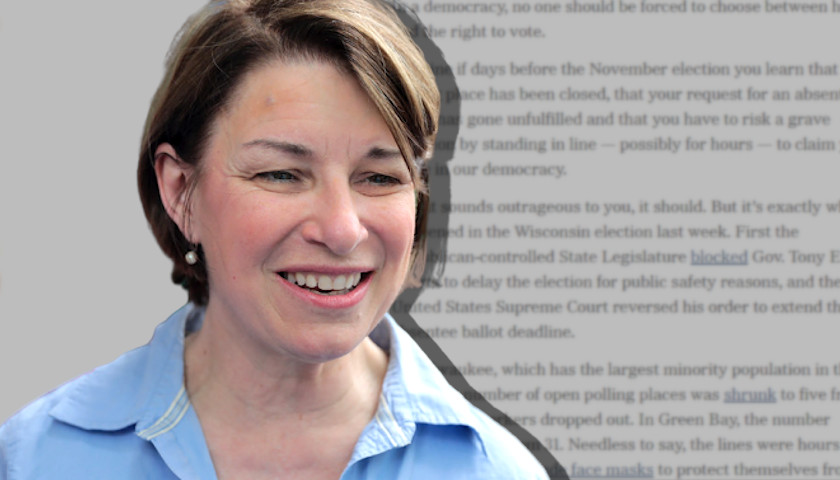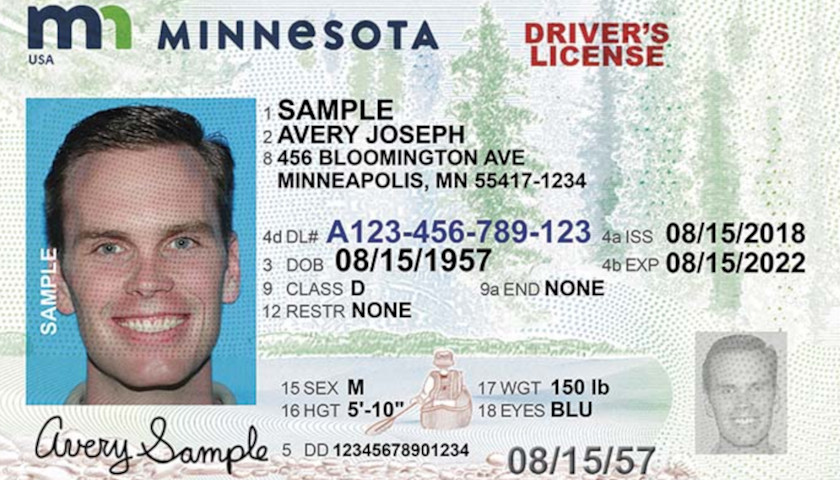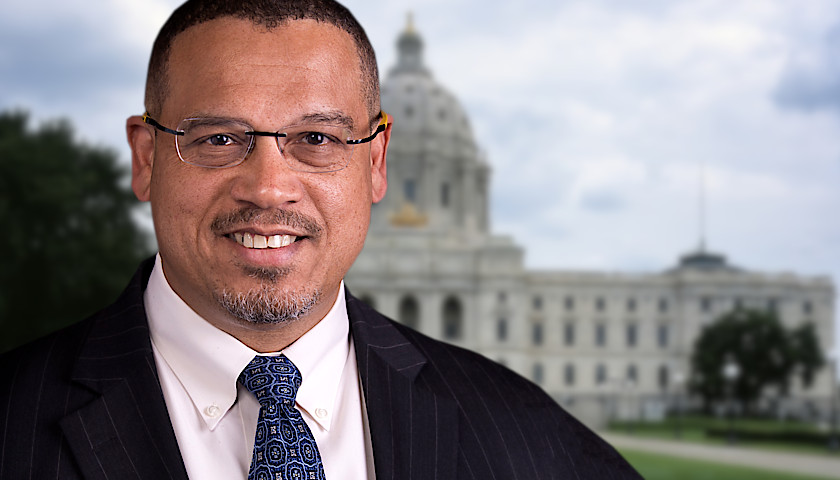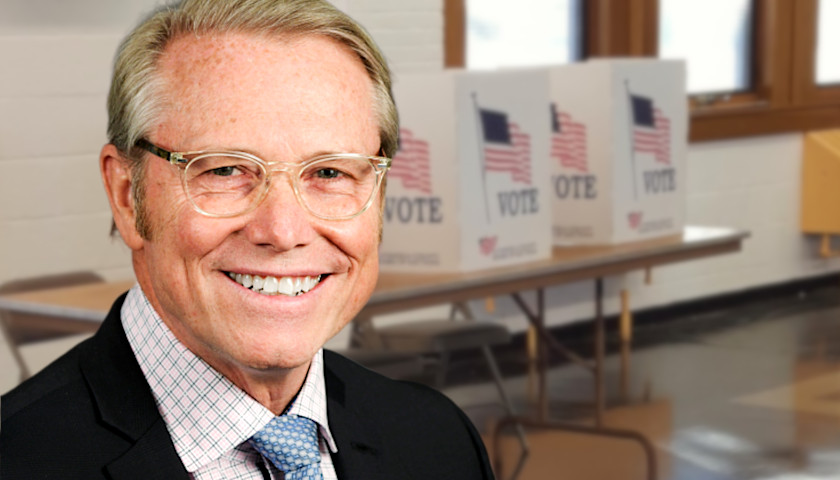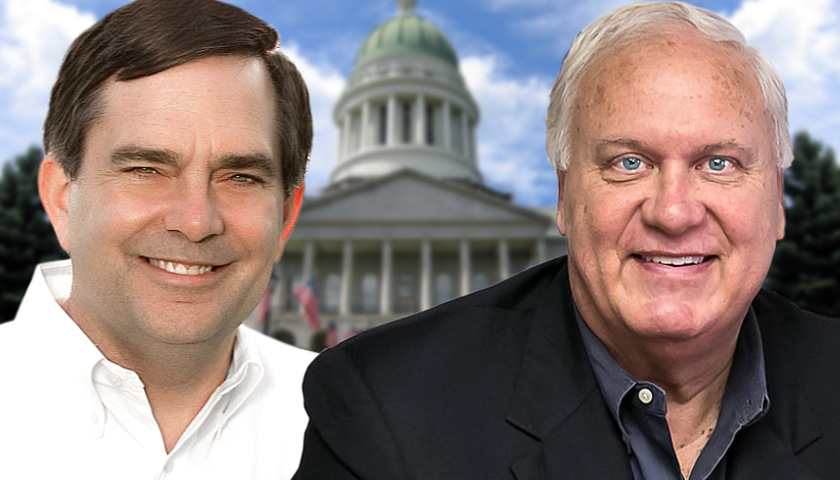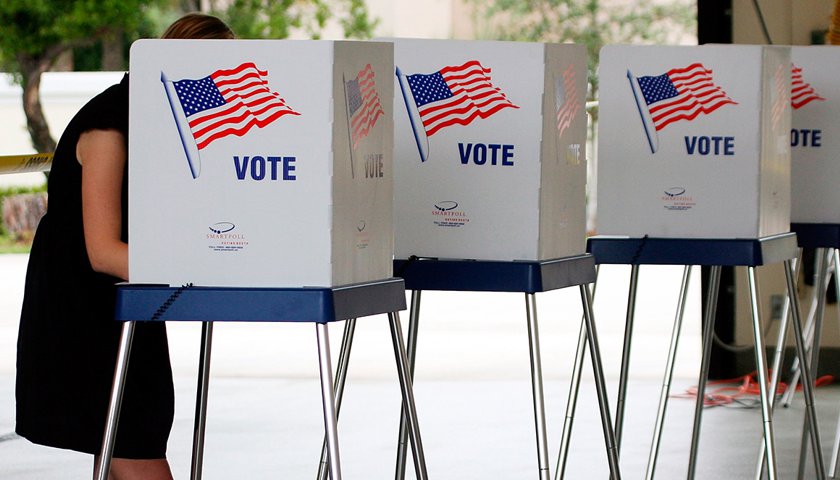My father likes to say that the secret ballot means that he doesn’t have to listen when I tell him how I voted. This joke conceals a serious point: Ballot secrecy is not just a right of the individual but also a guarantee to all that my vote was not wrung from me by bribery or intimidation.
Out of a desire to make voting “easier” and perhaps exaggerated fears of public gatherings during the pandemic, most U.S. jurisdictions permitted unrestricted mail-in balloting in 2020. What did Americans lose when ballot secrecy was attenuated or vanished altogether?
Make no mistake, ballot secrecy is incompatible with secure mail-in balloting. At the polls, we each go into a little booth and make our choices in private. By contrast, no one knows where a mail-in ballot was filled out, or if a party or union activist hovered over the voter or even filled in the circles. Nobody knows what inducements, whether cash or threats, were offered to ensure that the person voted “correctly.” And if the ballot was “harvested” – turned in to the vote-counters by activists instead of by voters themselves – our suspicions deepen.
Read More
